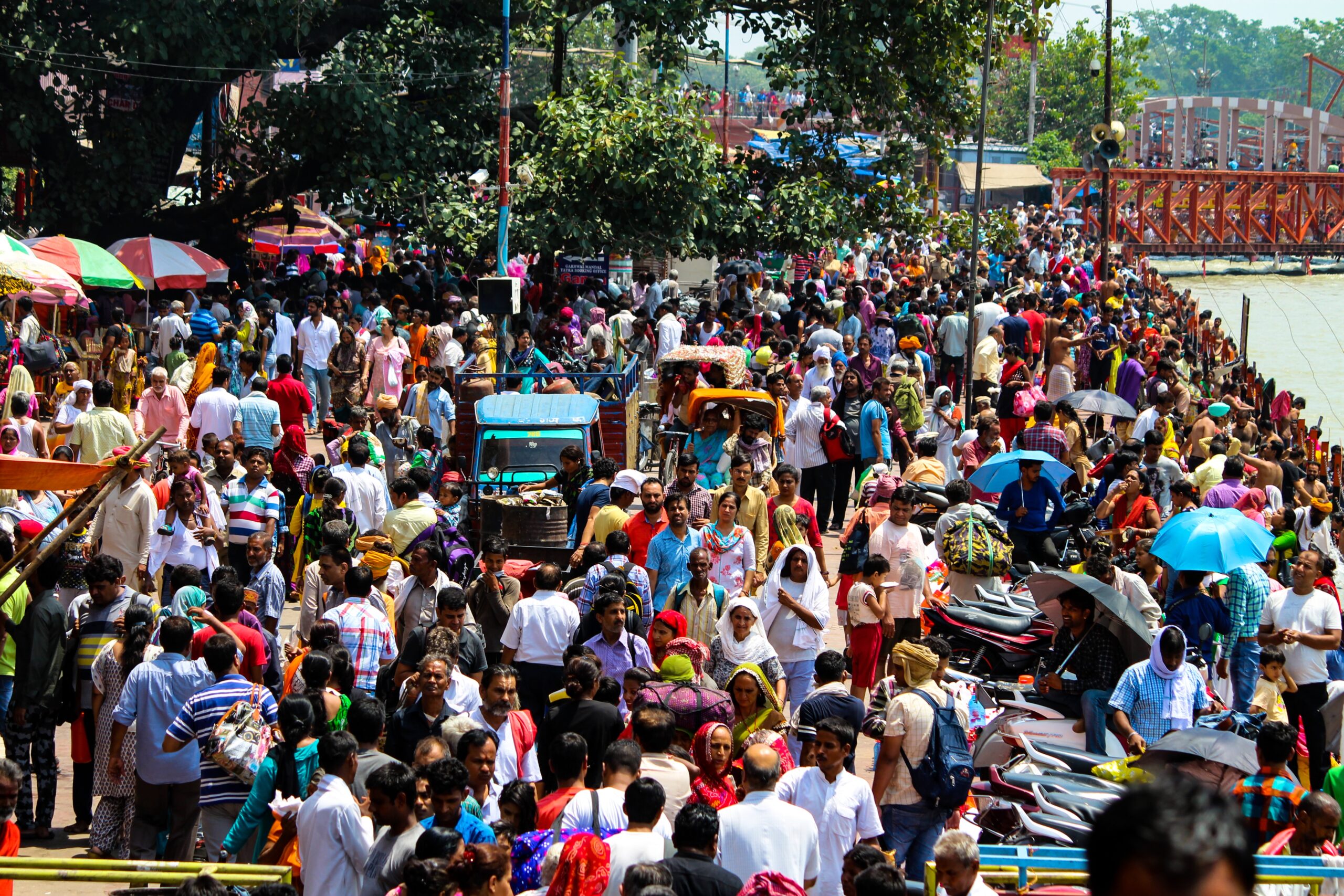Indians live all over the world, and they’re a diverse bunch. They share their culture and traditions, like food and music, with the places they live. They’re also successful in many fields, like tech and healthcare. Indians abroad stay connected to their home country and often help others through charity work. Surprisingly, there are five countries in the world where you won’t find any Indian residents. Let’s take a look at which countries they are.
5 Countries Where No Indians Live
Here are the 5 Countries where No Indians Live.
5. Vatican City
Vatican City is a unique and distinct entity primarily dedicated to the governance of the Roman Catholic Church and serves as the official residence of the Pope. It is not a residential or citizenship-based country like most others. Vatican City’s population consists mainly of clergy, religious officials, and administrative staff who work within the Vatican. Since it is primarily a religious and administrative center rather than a residential nation, individuals do not typically reside there as residents or citizens, regardless of their nationality. Therefore, Indians, like individuals from most other nationalities, do not have a residential presence in Vatican City, as it is primarily a place of work and worship for those associated with the Catholic Church.
4. San Marino
San Marino, much like Vatican City, is also a unique case. It is one of the world’s oldest republics and is entirely landlocked within Italy. However, San Marino is primarily a historical and administrative entity rather than a residential nation. Its population consists of citizens and residents who typically work within its administrative and tourism sectors. While it is open to tourists and visitors from all over the world, San Marino does not have a large foreign residential population, and it does not grant citizenship to individuals solely based on nationality. Therefore, Indians, like individuals from most other nationalities, do not generally live as residents in San Marino, as it is primarily a place of historical significance and administrative activity.
3. Bulgaria
Bulgaria, located in southeastern Europe, is a sovereign nation with a diverse cultural and historical heritage. Known for its beautiful landscapes, including the picturesque Rila Monastery and the stunning Black Sea coast, Bulgaria offers a mix of natural beauty and historical landmarks. The capital city, Sofia, is home to a blend of modern and historical architecture, while ancient cities like Plovdiv boast well-preserved Roman ruins. But in this Beautiful Country there is no Indian living apart from Diplomats.
2. Tuvalu
Tuvalu is a tiny island nation located in the Pacific Ocean, and its population is relatively small, consisting primarily of indigenous Tuvaluan people. The country’s limited size and remote location make it less likely to attract a significant number of foreign residents, including Indians. Additionally, Tuvalu’s economy is heavily reliant on subsistence farming and fishing, and it may not offer the economic opportunities or infrastructure that would attract a substantial expatriate population. While it is possible to find individuals of various nationalities in different parts of the world, the absence of a significant Indian population in Tuvalu can be attributed to the country’s geographic isolation, small population, and limited economic prospects for foreign residents.
1. Pakistan
The presence of Indian citizens in Pakistan, while not as widespread as in some other countries, does exist. Factors such as historical tensions and conflicts between India and Pakistan, along with visa restrictions and security concerns, have led to a relatively small Indian expatriate community in Pakistan. However, individuals from India can still be found in Pakistan, primarily for reasons such as work, business, family connections, or personal choices. While the relationship between the two countries has posed challenges for Indian nationals residing in Pakistan, it is essential to recognize that people from various nations live in different parts of the world for diverse reasons, even in regions with complex geopolitical dynamics.






